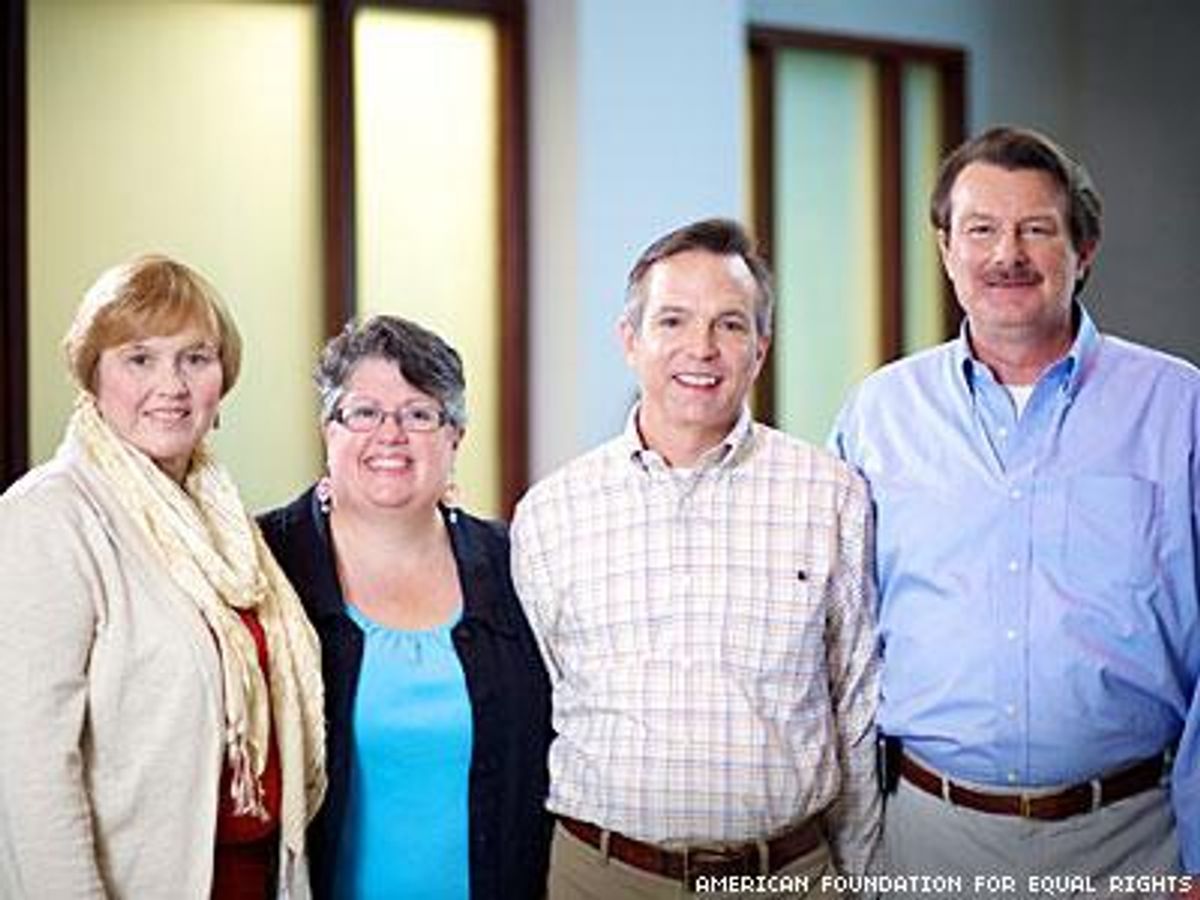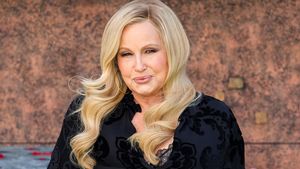When the nine justices of the U.S. Supreme Court reconvene for their next session in October, they will have at least three cases regarding same-sex marriage to possibly consider.
An antigay activist group defending bans on same-sex marriage written into the Virginia and Oklahoma state constitutions announced its intent to file requests for the nation's highest court to consider those cases, a process known as writ of certiorari, reports the Washington Blade. Last month the Fourth Circuit Court of Appeals upheld a district court's ruling that found Virginia's voter-approved ban on marriage equality violated of the U.S. Constitution.
Another attorney with the same antigay group, Alliance Defending Freedom, announced Friday that the group would also appeal the 10th Circuit Court of Appeals' decision affirming that Oklahoma's ban on same-sex marriage was also unconstitutional, according to The Oklahoman.
Since Utah officials last month announced their plan to appeal the decision striking down that state's ban on same-sex marriage to the nation's highest court, the Supreme Court will have at least three cases regarding same-sex marriage to consider next October.
Although the court is not obligated to hear any of the cases, if four of the nine justices decide to grant a writ of certiorari to any of them, it will be the first time the nation's highest court has taken up a question about the constitutionality of state laws that exclude same-sex couples from the institution of marriage.
In last summer's landmark rulings regarding the federal Defense of Marriage Act (U.S. v. Windsor) and California's Proposition 8 (Hollingsworth v. Perry), the court found in favor of the gay and lesbian plaintiffs on a series of legal technicalities. While the Windsor decision struck down a key segment of DOMA, which prohibited the federal government from recognizing and offering benefits to married same-sex couples, the Hollingsworth decision upheld a lower court's determination that the Prop. 8 proponents who attempted to intervene in defense of the law did not have the legal standing to do so. Because two sets of California governors and attorneys general refused to defend Prop. 8 in court, the Supreme Court's ruling on standing effectively solidified U.S. District Judge Vaughn Walker's 2010 decision declaring Proposition 8 unconstitutional, but the SCOTUS decision did not directly address the merits of that case.
While legal observers on all sides of the issue expect the nation's high court to consider at least one marriage equality case in the coming years, speculation abounds regarding which case the court will grant certiorari, and when.
"The way they might get there is to say, we're not going to rule on these petitions; we're just going to hold them pending other petitions and take our time," James Esseks, director of the American Civil Liberties Union's Lesbian, Gay, Bisexual and Transgender Project, told MSNBC last week. "The court could decide next June to grant cert in one of them, then the case would be up for review the following year. I could see people on the more liberal side of the court thinking it's a good thing to wait for more circuit court authority to develop."
But Justice Ruth Bader Ginsburg said the court "won't duck" the issue of marriage equality, telling Katie Couric last week that she expects same-sex marriage to come before the court "if not in the new term, then in the term after, or the one after that." Ginsburg, the second woman appointed to the nation's highest court, its first female Jewish justice, and a reliably progressive voice on the court for 21 years, declined to speculate on how the court might rule when it does consider the issue, though she offered a wily smile when giving her remarks to Couric.
It is possible that the court could consider a different case entirely regarding marriage equality, notes MSNBC. Litigation seeking to overturn same-sex marriage bans in Kentucky, Tennessee, Ohio, and Michigan will be heard in the Sixth Circuit Court of Appeals Wednesday, while a February district court ruling striking down Texas's ban on same-sex marriage has yet to be scheduled for a hearing in the Fifth Circuit Court of Appeals, though state officials have filed that appeal.














































































